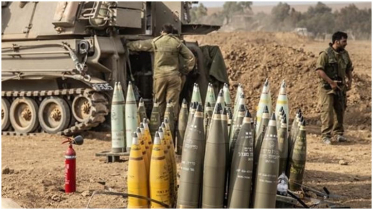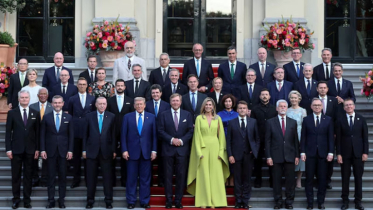Bangladesh in talks with Saudi company for 1GW solar project
Bangladesh is in talks with Saudi energy company ACWA Power to develop a large solar project which would supply Southeast Asian nations with one gigawatt of electricity as it shifts towards more clean energy sources_ said Salman F Rahman_ MP_ the private sector industry and investment adviser to the prime minister.
The country is also engaging in early talks with ACWA Power_ in which the Saudi sovereign wealth fund PIF holds a 44% stake_ about a potential green hydrogen project_ Salman F Rahman_ MP_ told Arab News.
"We have been talking with ACWA power for solar. In fact_ ACWA power people were there in Bangladesh recently and they met our ministry of energy and they are negotiating a large solar project_ a one gigawatt solar project. So_ that is under negotiation_" he said.
"We hope to conclude it soon and they will be signing an agreement pretty soon_" he added.
Bangladesh has an installed capacity of 2.4 gigawatt_ Rahman added_ and the country needs more energy to expand the economy and attract investors.
The drive for the hydrogen comes as a result of Bangladesh's plan to establish a terminal to import liquefied natural gas (LNG). The same terminal can import green ammonia_ which can be converted into green hydrogen.
"We are developing_ with the Japanese government_ a deep-sea port in Bangladesh where we are going to put an onshore LNG terminal and LPG terminal. So we are now thinking that this is the right time_ because this is in the planning stage that we should also have an onshore ammonia terminal_" Salman F Rahman_ MP said.
"We are talking to ACWA power on green hydrogen as well_ but that is a longer-term project because at the moment_ even that technology is not perfected yet and the cost is still pretty high_" he further added. .
ACWA Power is one of three partners in Saudi Arabia's first green hydrogen project along with NEOM and US-based Air Products. The venture plans to export its first green ammonia project in early 2026 and it is looking for long-term off-takers of the fuel.
.png)




